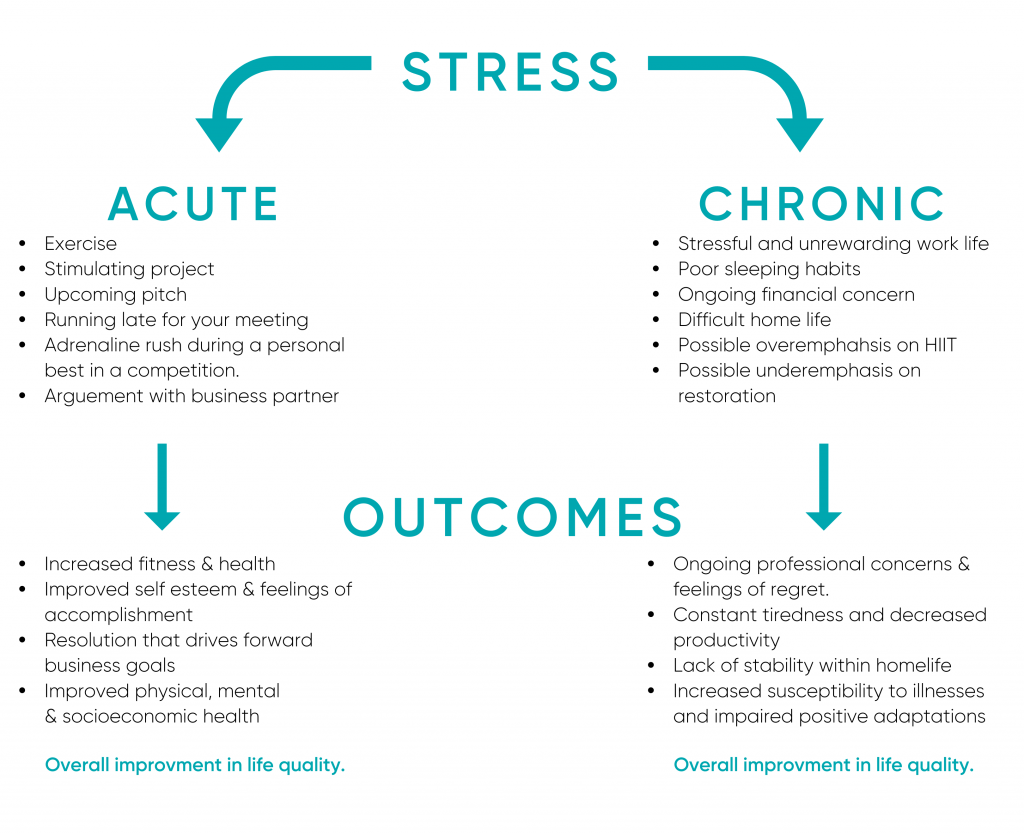Stress is by no means an abnormal or unnatural phenomenon. As with many things, it’s the dose and frequency that matters. In today’s world, our lives are filled with stressors that create ‘Allostatic Overload’. Our bodies ability to adapt simply can’t keep up with the amount of stress it’s being exposed to.
Stress management (not avoidance) is a key aspect of our having a healthy, active, happy and productive lifestyle. This is because stress is an incredibly important aspect of how we grow and adapt too.
We normally have three options when thinking about stress management.
- Turn down the stressor
- Remove the stressor
- Increase our resiliency
This is where Adaptogens come in. We work with many busy executives and entrepreneurs that don’t often get the luxury of being able to turn down or remove the stressor. They need to be better resourced in how to manage and deal with their daily pressures.
What Are Adaptogens?
Adaptogens is an umbrella term for various plant-derived compounds that mitigate or reduce the impact of non-specific stress by both dampening the effects of said stressors and improving our body’s ability to tolerate stress.
This can mean increased work capacity and mental focus improved immune function and even improved mood and outlook. Where Adaptogens can also be differentiated from other interventions is the fact they work not by elevating or inhibiting bodily functions above basal levels but normalizing them thus a lack of less than desirable side effects.
Although the use of adaptogens is useful on an ongoing basis, they are particularly beneficial after the crossing of various time zones, during periods of reduced sleep quantity/quality, when surrounded by contagious illnesses at the office or even simply during times of the year where workloads are particularly high.
The umbrella term Adaptogens can be separated that bit further by dividing them into their sub-classifications based on their active ingredients a) Phenolic compounds, b) Tetracyclic Triterpenes and c) Oxylipins with all exerting slightly different effects through different mechanisms.
Now that we’ve set the scene, Part 2 of Stress Response & Adaptogens will be discussing in more detail the beneficial outcomes you can expect across 1) anxiety & stress, 2) sleep & fatigue, 3) exercise performance and 4) immune function.
 Common Purpose Team
Common Purpose Team




